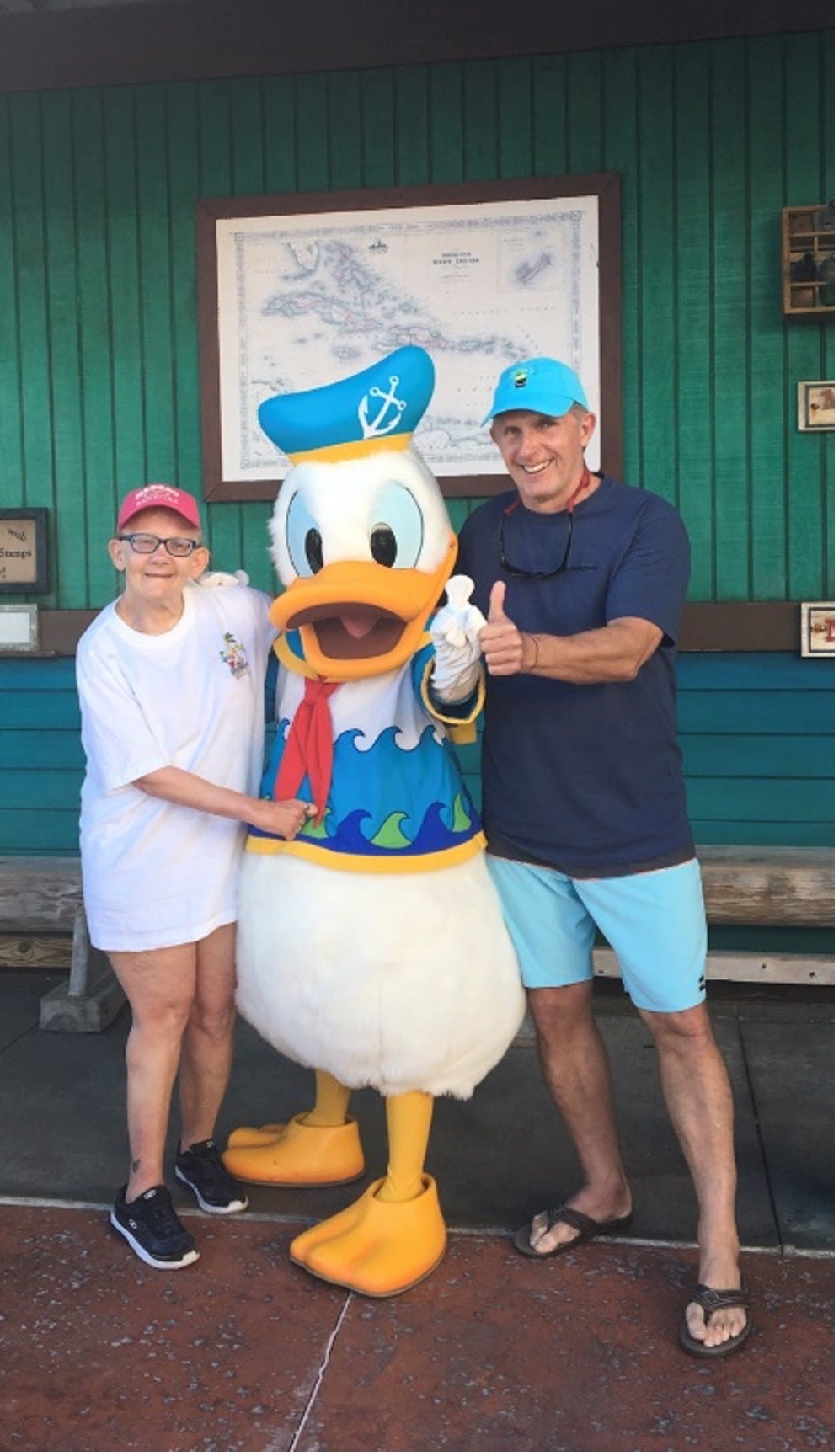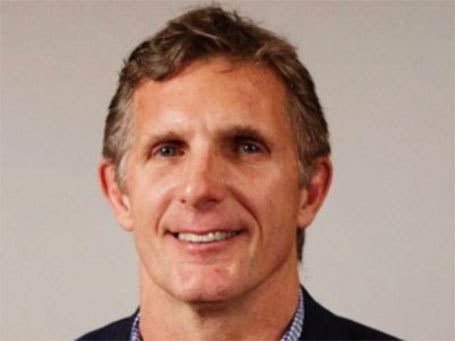It is arguably a characteristic of most people that you wouldn’t wish something negative to happen to anyone. Having said that, one of the often (and possibly overused) clichés is that, “What doesn’t kill you makes you stronger.”
I consider myself to be a recipient of the latter, but more importantly, fortunate to work with and have in my family, people who have truly been made stronger in the face of adversity. I have a 67-year-old sister who is my dependent – she was hit by a car on her first day of school in 1959. She was unconscious in the hospital when I was born, and remained in a coma for six months. Today she lives in an independent-living community where she enjoys a full and happy life. I know for a fact that every morning she wakes up and says to herself, “It is going to be a good day,”…maybe that’s great advice for all of us.

This is a good frame of mind for everyone when thinking about the impact coronavirus has had on individuals and communities over the past year, as well as the semi and permanent changes that it will create going forward.
Every day we have to think about: Where we can go? What we can do? What do we need to consider, and are there any alternatives? If I get to my destination, will I be able to get in? Will I be physically restricted from entering? Will it be a fruitful experience? Finally, I have to go through my checklist before I head out the door: Do I have my mask? Am I violating current shelter in place rules? Will I be able to social distance? What are the current quarantine rules? Will I get back before curfew?
The same set of questions and preparedness are required for those who have developmental and physical disabilities - concerns about timing, destination and access are also taken into consideration. And, of course, there is always the value proposition: Will I achieve my objectives while minimizing associated frustration?
The next time you get frustrated with the rules or the closure of your favorite restaurant, the craziness of home schooling or the fact that you can’t fly south to get away from the cold, take a moment to reflect and say, “Yes, but this is temporary and the world is trying to figure out what to do next.”
Hopefully this gives you a moment to consider your friends, colleagues and community members who struggle with this every day, and provides a broader focus on their situation and how it could be improved.
As a thoughtful vaccination program is developed to combat the pandemic and ensure the safety of our most vulnerable and high-risk citizens, those with developmental and physical disabilities must not be forgotten. For many individuals with disabilities, there is an increased risk to exposure. So, we must all do our part to ensure that we’re doing out part – social-distancing, wearing a mask, following CDC protocols, etc. – to keep high-risk individuals safer.



